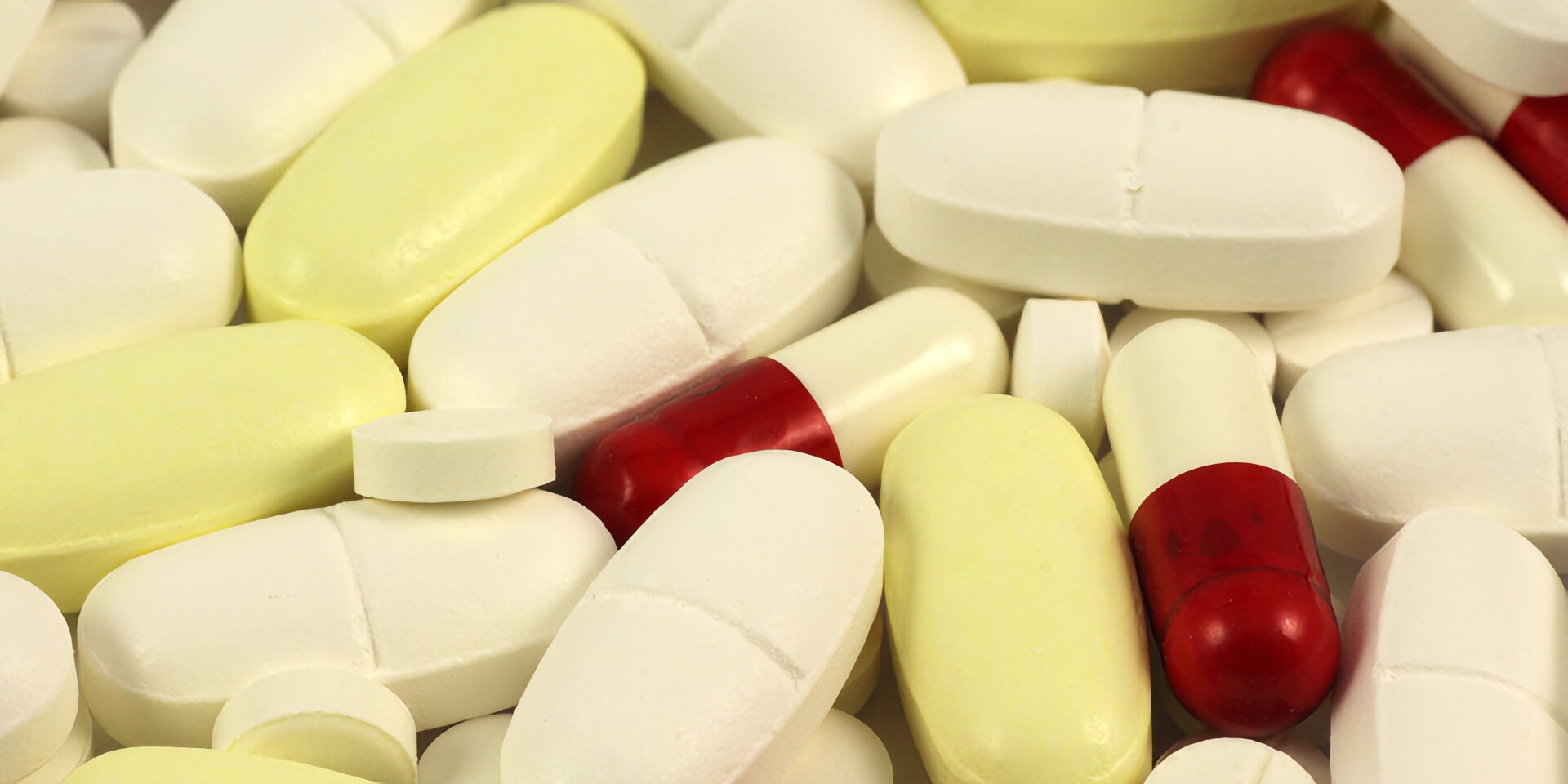How Depressed Are You?
Chances are either you or someone you know has been prescribed anti-depressants. Sadly, they have become the default drug of choice. It's so much easier for a doctor to prescribe a pill that promises to help you feel better than to take the time to figure out what the real issues are that may be causing your depression. When "feeling low' and fatigued, there may be other underlying physical and emotional issues that need attention and in reality, few of us suffer from major depression, the one diagnosis that clearly justifies the use of anti-depressants.
The depressing truth about antidepressants is that studies have shown that they are no more effective than a placebo in treating mild to moderate depression. Furthermore, in clinical trials, it has been shown that as many as half of those who receive no such treatment improve anyway. In fact, anti-depressants are contraindicated for short-term treatment of minor depression - something the drug companies don't want publicized. Clinical practice guidelines indicate that the most popularly prescribed type of anti-depressants called SSRI's (selective serotonin re-uptake inhibitor drugs that boost the presence in the brain of serotonin, a chemical believed to help regulate mood) need to be taken for at least six months for minimal treatment of major depression, far longer than most episodes of minor or moderate depression last. Therefore, it's important to carefully consider whether anti-depressants are the best option for you.
If you're feeling low and lacking in energy, it's time to get a complete medical check-up to determine if there are underlying physical reasons for how you're feeling including a complete battery of thyroid and glucose tolerance tests. Possible medical causes can include allergies, endocrine system imbalances, poor nutrition, PMS, medication interactions, and stress.
Depression is often characterized by overwhelming, persistent feelings of grief, guilt, anxiety and despair, and a loss of interest in the pleasures that were once enjoyed. Dullness, decreased energy, difficulty concentrating or making decisions, and disrupted sleeping and eating patterns are also symptoms. Major depression differs significantly from minor depression even though the symptoms can be the same. The difference is that in mild depression, the symptoms ebb and flow and eventually lift whereas in major depression, they hold you down until you become entrenched in a mental health crisis. If you have major depression, it's crucial to stay on anti-depressant medication under the care of a qualified medical health care provider.
Examining the possible reasons why you're feeling depressed is helpful. In many cases, it makes perfect sense: a health crisis, a relationship breakdown, financial woes, relocating to a new country and other big life transitions are common causes for depression. The truth is that sadness and grief are normal, particularly after a trauma or loss. But when the discomfort persists for more than a month, it's important to seek the advice of a trained counsellor, therapist or psychologist. If there are suicidal thoughts or an obsession about death these must be taken as serious warning signs and need to be addressed immediately.
Several years ago, a series of unfortunate events in my life propelled me into a state of depression. A dark and comfortless mood hung around me and I'm sure I wasn't very pleasant to live with. But eventually, my mental climate began to change and I climbed out of that bleak space. The experience changed me. I had a new understanding and appreciation of the hills and valleys in the landscape of my parent's lives, who both surfaced from periodic bouts of depression. I'm now better able to appreciate the times when my body and mind quiet down so I can hear the deeper messages from within. And I know what to do and when it is time to bob up to the surface with a newly discovered treasure of perception and appreciation. It's important not to avoid this call to find deeper meaning to your life and not to be defeated by what in most cases, is a short-term, temporary situation.
What can you do when depression threatens to break through the threshold of awareness? There are simple lifestyle and dietary changes that must first be attended to. What you eat and drink affects your brain chemistry so eating a balanced and healthy diet and avoiding sugar, caffeine, alcohol and junk food provides the lift in energy you will need to make more substantial changes.
Stress is a big factor behind many depressions and in fact, depression can be your body's way of telling you to lessen the stress in your life. Chronic stress overloads the brain systems responsible for self-protection and an emotional numbness can emerge that blunts feeling. Moderate and regular exercise can be a powerful antidote to mild or moderate depression especially when combined with counselling.
Many people who experience a loss of meaning in their lives or who are seeking a greater sense of freedom and fulfillment benefit from talking to a therapist. The general feeling is that when symptoms of depression emerge, seeking help from a trained therapist or counsellor sooner rather than later is most constructive. Therapy is a way to understand and change deep-seated emotional and relational problems that can in turn, alleviate the symptoms of depression.
Most experiences of depression are natural, normal and temporary. The therapeutic secret of a depression is not always found by suppressing it with biochemical agents, but by investigating its' meaning. I encourage you to become an expert on your depression, by first of all asking yourself, "What am I depressing?". You may begin to notice the fears, assumptions and conditioned reactions to circumstances that lead you to self-rejection and depression. This process of self-inquiry can guide you to rediscovering and sustaining your capacity for joy and fulfillment in life.




